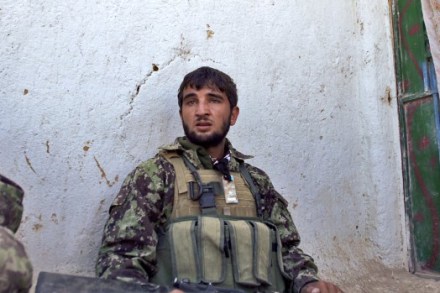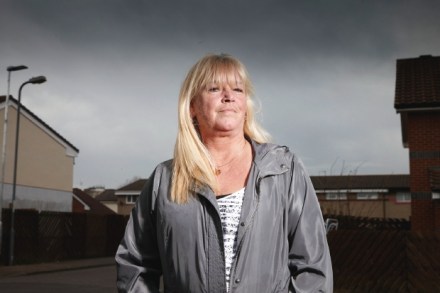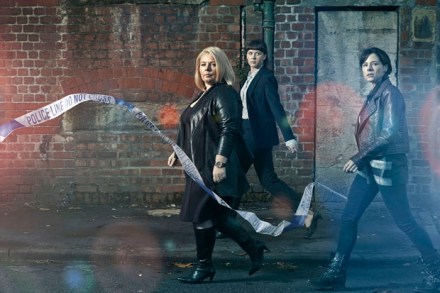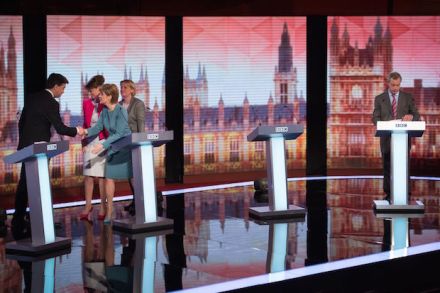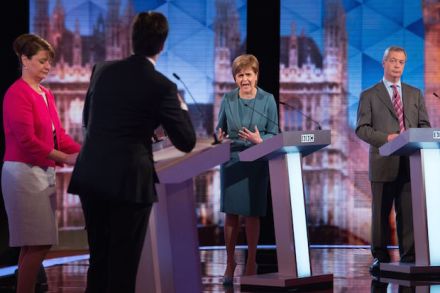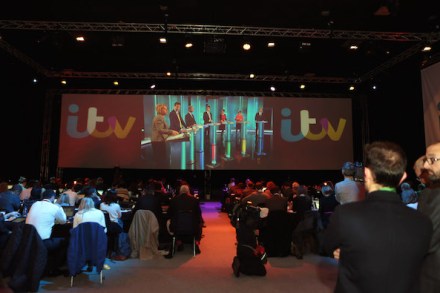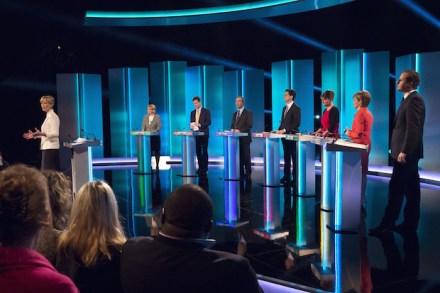Game of Thrones has always been a vacuous banquet of sex and violence. Why are people suddenly outraged by it?
If you’ve never watched Game of Thrones, it is a twee fantasy show in which men and women discuss politics at length, dance in Austen-like balls, and drink small amounts of wine by streams. Characters communicate as much by the angle at which they hold their fans or opera glasses as by the subtext of their artfully crafted bon mots. It has attracted a massive following for the cultured and intellectually stimulating qualities of the series, but there has been some outrage after the last episode featured what appeared to be a rape scene. After four full seasons, viewers are expressing horror over an incident that has shocked regular fans of a series universally famous for treating beloved characters with cherished


